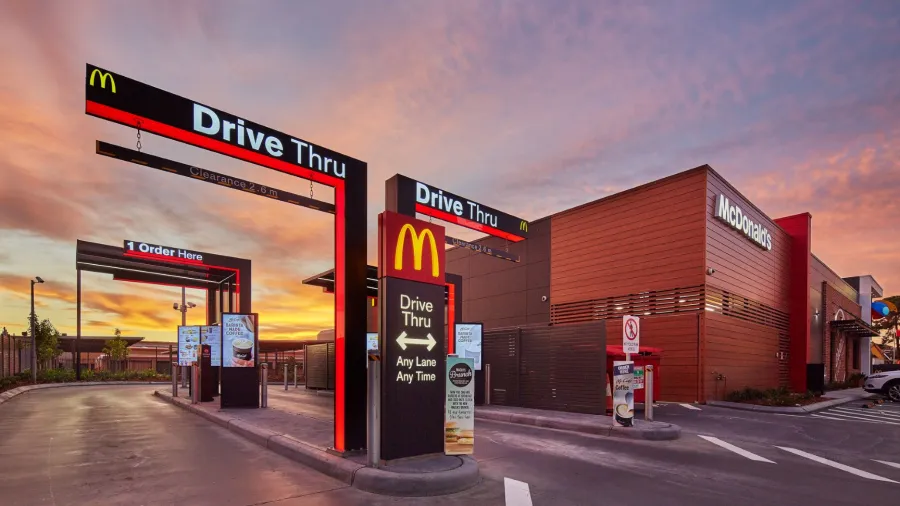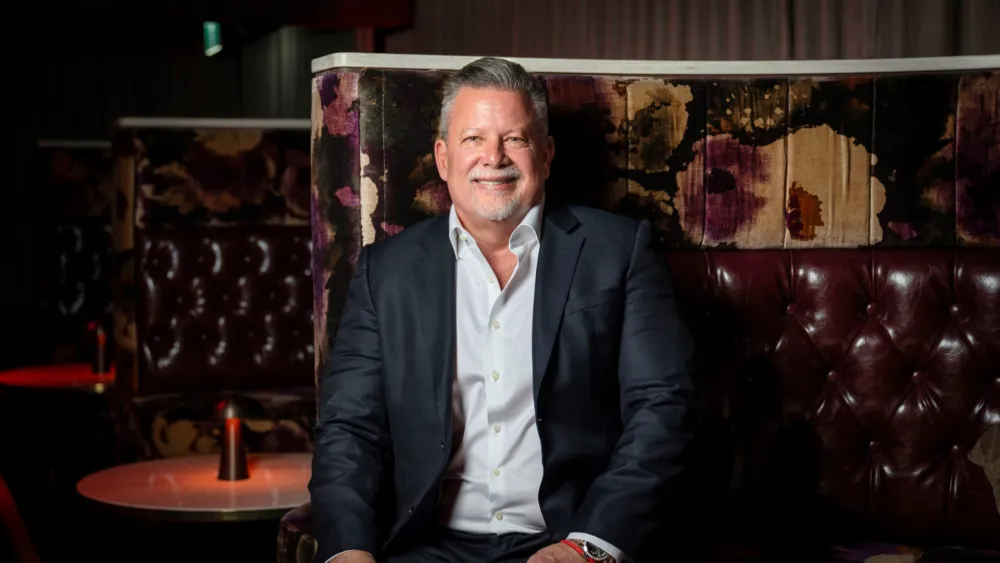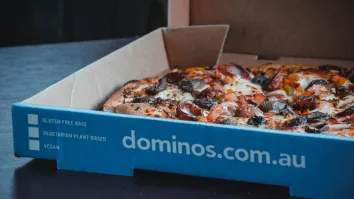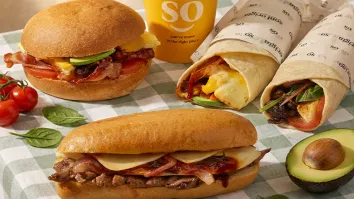
McDonald’s Australia wants to be the benchmark in customer experience
Senior director for growth platforms Josh Bannister makes a case for a “predictable” brand experience and offers the latest details on their ongoing expansion.
McDonald’s has a simple explanation for how it was able to stand the test of time since debuting in Australia in 1971.
“We're predictable to our customers, you go there because you get a convenient and predictable experience,” Josh Bannister, the chain’s senior director for growth platforms, told QSR Media in an interview.
The fast food giant was able to do that, he said, by evolving along with the customers and their needs. “That’s something that is never ending,” he said.
And in this COVID age, the Golden Arches is heavily investing in drive-thru, digital and delivery - ensuring they continue to get a large piece of the consumer bloc that already considers multi-channel experiences as a basic requirement.
“What we're focused on is ensuring that we have got multiple channels available to our customers, so that they can experience McDonald's on their own terms,” he said. “Through COVID, we learned how important it was that [what] we offer is always fast but also in a safe and contactless way.”
The executive’s latest comments come amidst the chain’s ongoing race to build 100 new restaurants in the next three years, courtesy of a $600 million investment, along with its ongoing 50th anniversary celebrations.
Drive-thru, a current priority
The chain is aiming to build 27 sites this year, with Bannister elaborating that these will be drive-thru focused and will be in suburban and highway locations. 2,700 new jobs are expected to be created as a result.
“Leveraging our scale [and] technology is crucial as well. We've got technology not just in the way that you order and pay, but in the way that we look at the customer experience and understand how long it has taken a customer to come through our drive-thru,” he added. “There's still a great opportunity for us to grow and be in more places where our customers want us.”
McDonald’s already has digital drive-thru menu boards in the large majority of their portfolio, he said, with plans to incorporate it in remaining locations. Dual lanes are also considered to be a predominant part.
On further integration of delivery, Bannister said there was a “lot of movement” in the space in terms of technology and transportation-related concerns. The chain already incorporated courier rooms in a number of locations, something he expects to be a standard in new builds.
“We're constantly looking at how we ensure that customers get a hot and fresh product, when they order it,” he said.
McDonald’s earlier said they plan on reinvesting over $42 million into their current restaurants across Australia, allowing them to enhance their experience drive-thru, in-restaurant dining, McCafe (which launched their latest blend of barista-made coffee) and McDelivery.
Offering an in-store experience remains a core part of the brand “and will for a long time,” Bannister said.
“We're continually refining and evolving that design to incorporate all of the different channels that our customers need, and ensure that they get a modern experience when they come to McDonald's. We want to ensure we're the benchmark when it comes to customer experience.”
He added they will do more on the sustainability space across new restaurants and their existing restaurant portfolio. McDonald’s sustainability flagship, for example, is already operating on renewable energy.
The chain also introduced fibre-based straws and cutlery in all restaurants nationwide, and is looking to achieve a goal of making 100% of their guest packaging from renewable, recycled or certified sources by 2025.
Bannister, who started at McDonald’s 26 years ago, also lauded the chain’s training programmes for young employees.
“The training that we provide through the likes of Hamburger University sets people up for future careers and success, whether it be within McDonald's or beyond,” he said.
Asked about their biggest challenge in the next years, Bannister said it’s about making sure they stay up to date with their consumers.
“We will ensure that we're ready for that when it does change, and that we're doing it better than anyone else.”
























